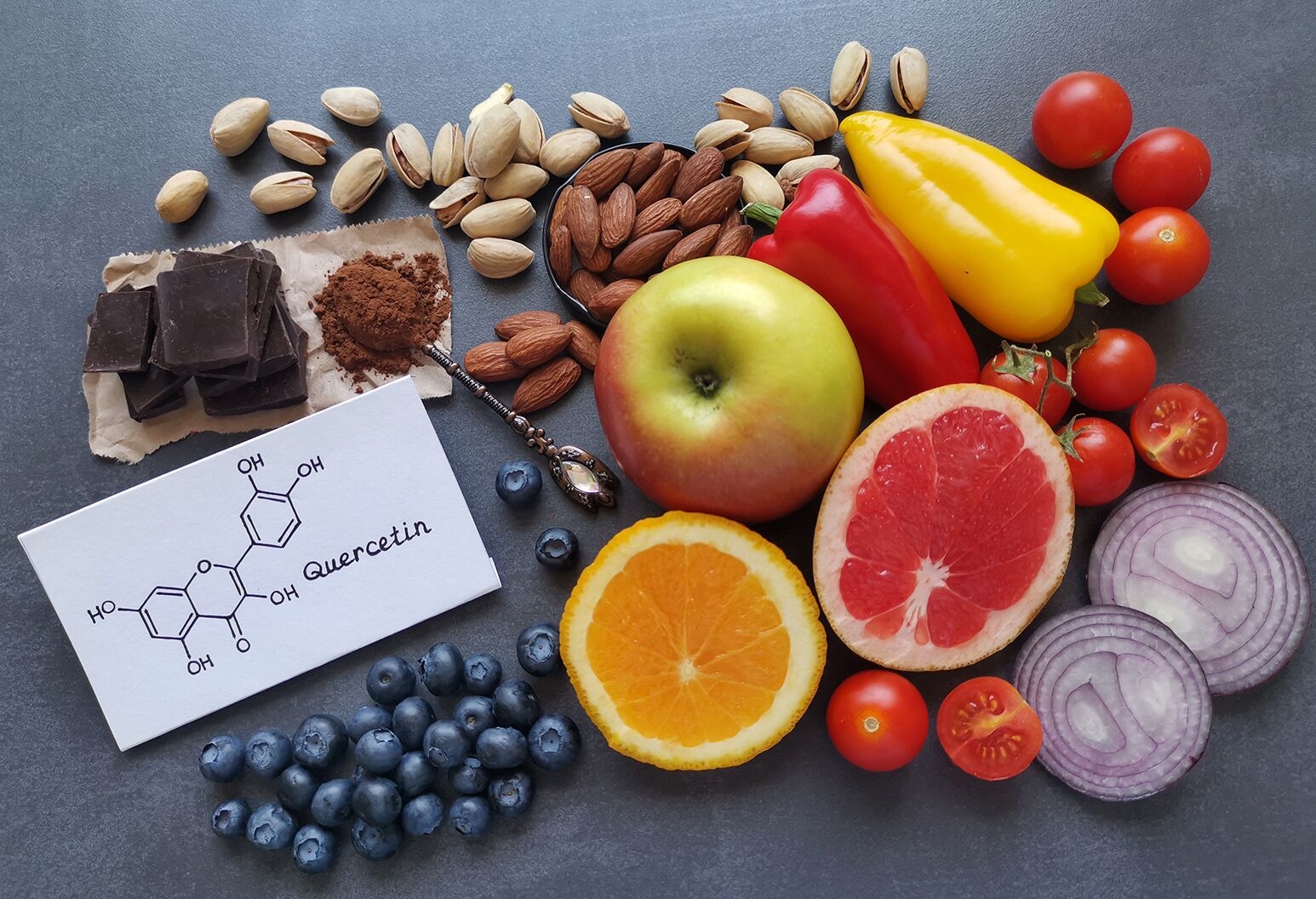フラボノイド ケルセチン そして フィセチン は、その幅広い効能から健康界で大きな支持を得ている。認知機能のサポート、アンチエイジング効果、抗酸化作用などだ。しかし、この2つのうち、本当にお得なのはどちらなのだろうか?
ケルセチンとは何か?
ケルセチン は、タマネギ、リンゴ、ベリー類に多く含まれる植物性フラボノイドである。抗酸化作用、抗炎症作用、抗ヒスタミン作用でよく知られている。免疫機能をサポートし、アレルギー症状を軽減し、心臓の健康を促進する可能性がある。
- 酸化ストレスを軽減
- 炎症を抑える
- 心臓血管の健康をサポートする
- 持久力と運動回復力の向上
フィセチンとは何か?
フィセチン は、イチゴ、リンゴ、柿などに含まれる、あまり一般的ではないが、おそらくより強力なフラボノイドである。老化細胞を除去し、長寿を促進し、慢性炎症を抑える。
- 老化細胞を除去する
- 記憶力と脳機能の向上
- 抗がん作用の可能性
- 代謝とインスリンの健康をサポート
ヘッド・トゥ・ヘッドの比較
| 特徴 | ケルセチン | フィセチン |
|---|---|---|
| 抗酸化力 | 高い | 高い |
| 角質溶解作用 | 限定 | 強い |
| 神経保護 | 中程度 | 高い |
| 抗アレルギー | はい | 影響なし |
どちらを選ぶべきか?
をお探しなら 免疫ブースターまたはアレルギー緩和ケルセチンは有力な候補である。一方、もしあなたが アンチエイジング、認知機能、長寿フィセチンの方が適しているかもしれない。
興味深いことに、フランスの研究者たちは次のように述べている。 NOVOSラボ フィセチンはケルセチンに比べて優れた老人分解作用があり、体内での半減期も長いと主張する。
潜在的リスクと副作用
- どちらも中等量であれば一般に忍容性が高い。
- 高用量は消化不良を引き起こしたり、薬との相互作用を引き起こす可能性がある。
- サプリメントを摂取する前に、必ずかかりつけの医師に相談すること
最終的な感想
ケルセチンとフィセチンは、どちらも健康面で魅力的な効能がありますが、互換性があるわけではありません。個人の健康上の優先順位に基づいて使い分けよう。理想的には、健康専門家に相談して、どちら(または両方)をサプリメントのルーチンに組み入れることができるかを確認することです。


